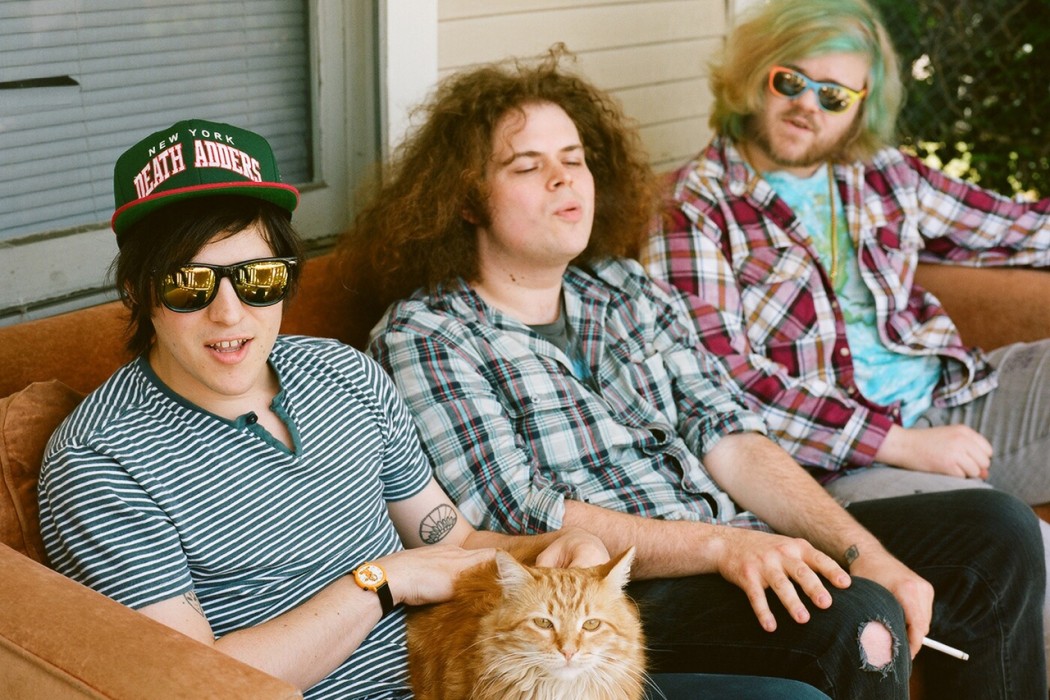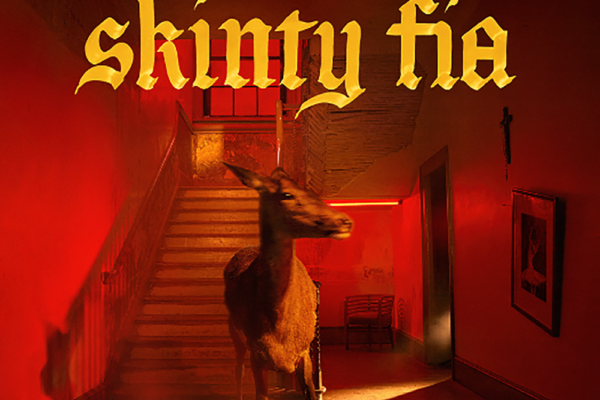For those who don’t know, The Anxiety of Influence is a book written by Yale professor, Harold Bloom. There he argues that the influence of Poets Past weighs heavily on those of Poets Present, and both those on Poets Future. The big daddy of them all is Shakespeare—because of course it is. The way it works is that in the act of creation an artist must choose to emulate or abandon a prior poet. They must do one or the other, there is no third way.
By weeding out the Anxiety as it were, you can discover something about the poet, and frankly his time and place. You can look back on Modernism in poetry—all those poets, you knew they studied rules of verse—and view their departure from form as a symptom of the Anxiety created by the industrial revolution. You can imagine someone like T.S. Eliot looking at the world and thinking, the world is changing, and so must poetry. (If you’re taking a Freshman English class on Poetry, this would be a great essay to write for an easy B.)
Alternatively, you can look at Second Wave poets, poets who look to emulate rather than deviate. It would be easy to judge them on merit of whether or not they live up to the hype. The New Formalists would have to defend their use once again of those rules of verse. Robert Frost said of free verse that it was like “playing tennis without a net.” His poetry then was full of form, but not rigid. His anxiety was emulating the Romantic masters, but also acknowledging the power of the very recently Avant Garde. A fine point to stand on.
So, naturally, what works for poetry also works for Pop Punk.
It was in a fit of nostalgia that caused me to revisit Wavves most recent release, V. It is easy to pin the label of Pop Punk on them, because of course they are, just put on any track and it hits you like a wave (yeah, I went there). After a few listens, you can pinpoint near exact influences: certain modes and effects of Nirvana at its most pop; the attention to melody that Billie Joe Armstrong is so well known for; the jaunty surf feel that the Blue Album reintroduced, which itself was a throwback; all with the reflexive wit of Blink-182 thrown on top.
But this isn’t nearly close to what makes this album interesting. What makes this so great is that each of those bands’ biggest days are behind them. As Wavves cycles through each of its arm sleeve patches, deciding which to emphasize more on which track, you begin to remember that Nevermind came out 24 years ago. The Blue Album and Dookie are old enough to legally drink. Dude Ranch can vote.
This is the third way to look at the Anxiety of Influence. In a record like V, whose high energy pop is so catchy as to be endlessly repeatable, and whose distressed teenage ennui poeticism is broad enough to be universally relatable, it is Wavves who are nominating who they believe the capital-M Masters are.
Hear me out—by deciding to emulate certain artists, Wavves are letting you know who their influences are. When we listeners decide that the album is good, we are acknowledging their influences that were put there—perhaps intentionally, perhaps not—, and their unique creation simultaneously. It is this acknowledgement that justifies the initial influence.
All those bands: Nirvana, Weezer, Green Day, and Blink-182 were the new kids on the block (not the New Kids on the Block) when I was growing up, and they themselves had their own anxieties (The Meat Puppets, The Feelies, The Replacements, The Descendants, etc.). And, I suppose, one of the benefits of getting old is hearing all your bands influence of new generation of good music.
Obviously, Blooms work is much more expansive, and while delving into the minutiae of whether or not Wavves has entered the Clinamen or Tessera phase of influence might have it’s place somewhere, it is not here. What can be said is that all creative works stand on the shoulders of giants, those that came before, those that created the works that we considered great. Rightfully, on a great quest, one must choose which shoulders to stand on. Wavves has chosen wisely.
Article: Christopher Gilson




